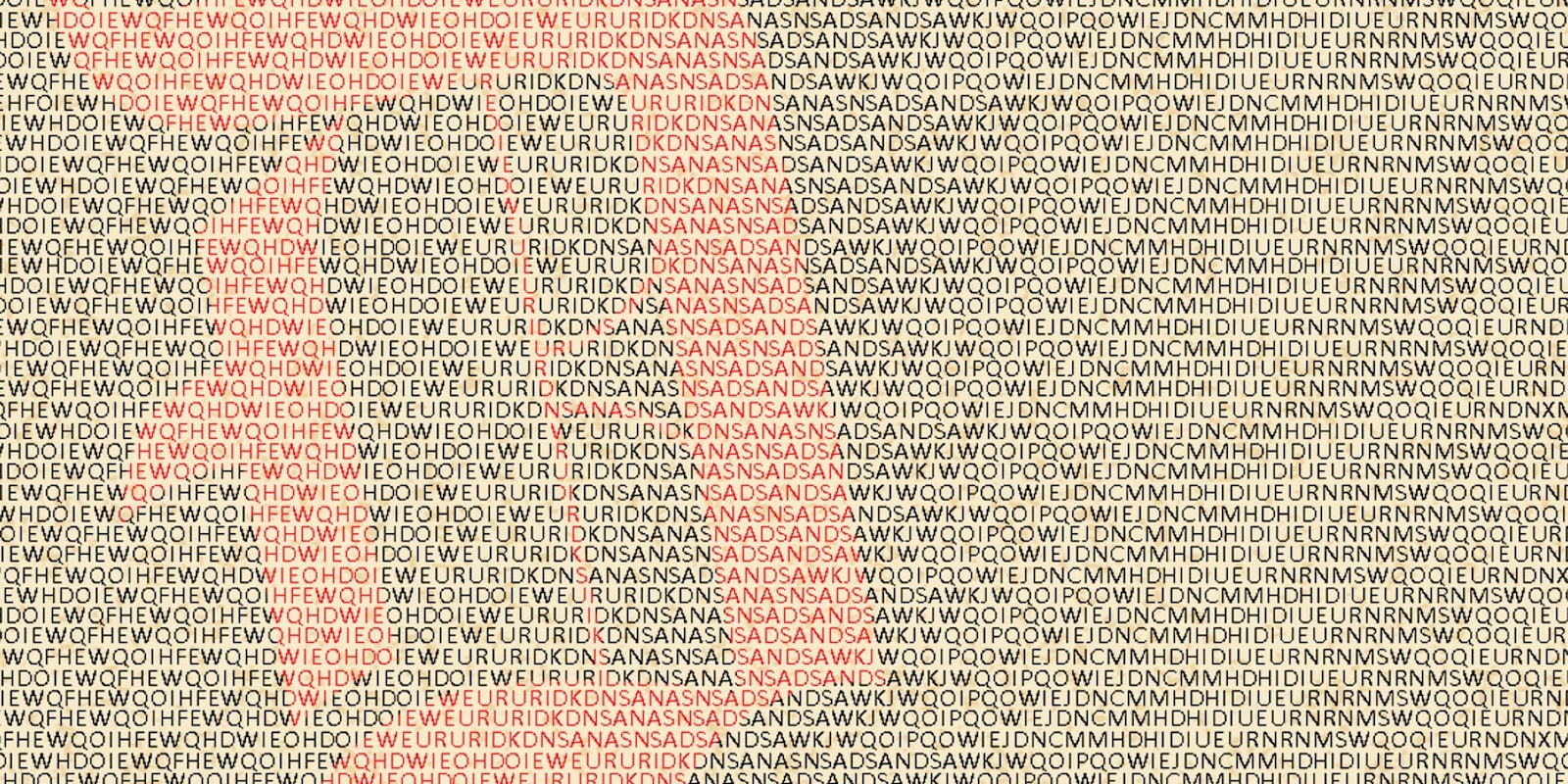Good news, netizens: The Internet really is full of trust and friendship.
In fact, a new report by the Pew Internet & American Life Project, a nonprofit well-known for its research studies, says that people who hang out on social networks are actually more trusting than people who don’t go online at all.
Pew researchers asked 2,255 American adults if they felt “that most people can be trusted.”
The answer: “The typical Internet user is more than twice as likely as others to feel that people can be trusted.”
Of course, the survey was conducted between October 20 and November 28, 2010—well before this month’s exposure of a spate of online liars and frauds.
Some 46 percent of Internet users said that “most people can be trusted,” compared with only 27 percent of non-Internet users.
Net users also scored higher in the friendship categories, Pew researchers found.
“Internet users in general score 3 [percentage] points higher in total support, 6 points higher in companionship, and 4 points higher in instrumental support,” the report stated. “A Facebook user who uses the site multiple times per day tends to score an additional 5 points higher in total support, 5 points higher in emotional support, and 5 points higher in companionship, than internet users of similar demographic characteristics.”
So the next time someone tells you that you’re become a hermit because you’re hunched over your computer all the time, tell them you’re making friends and trusting people instead.
Actually, since you’re reading this online, you should know that you’re comfortably in the majority. Nearly eight in 10, or 79 percent, of American adults said they use the Internet. Nearly half of adults, 47 percent, say they use at least one of social network—and more than half of Internet users belong to one.


